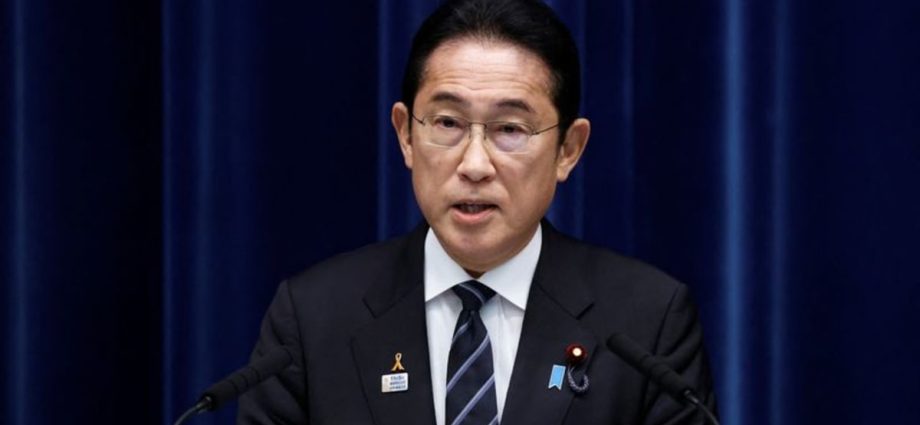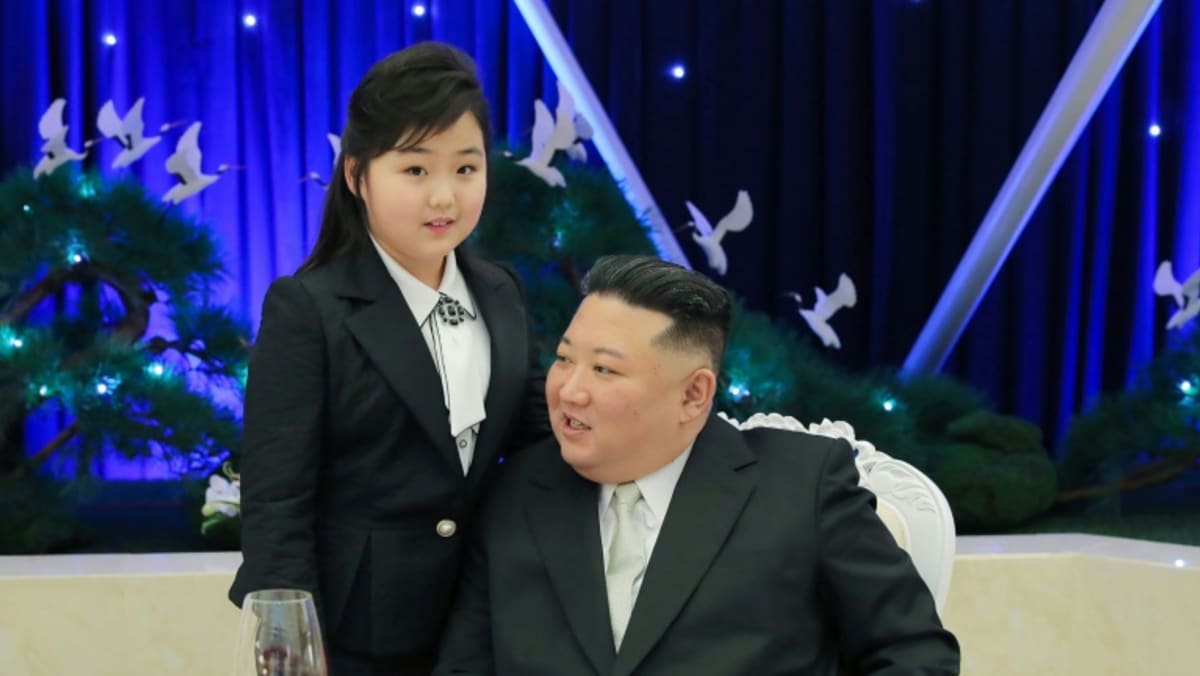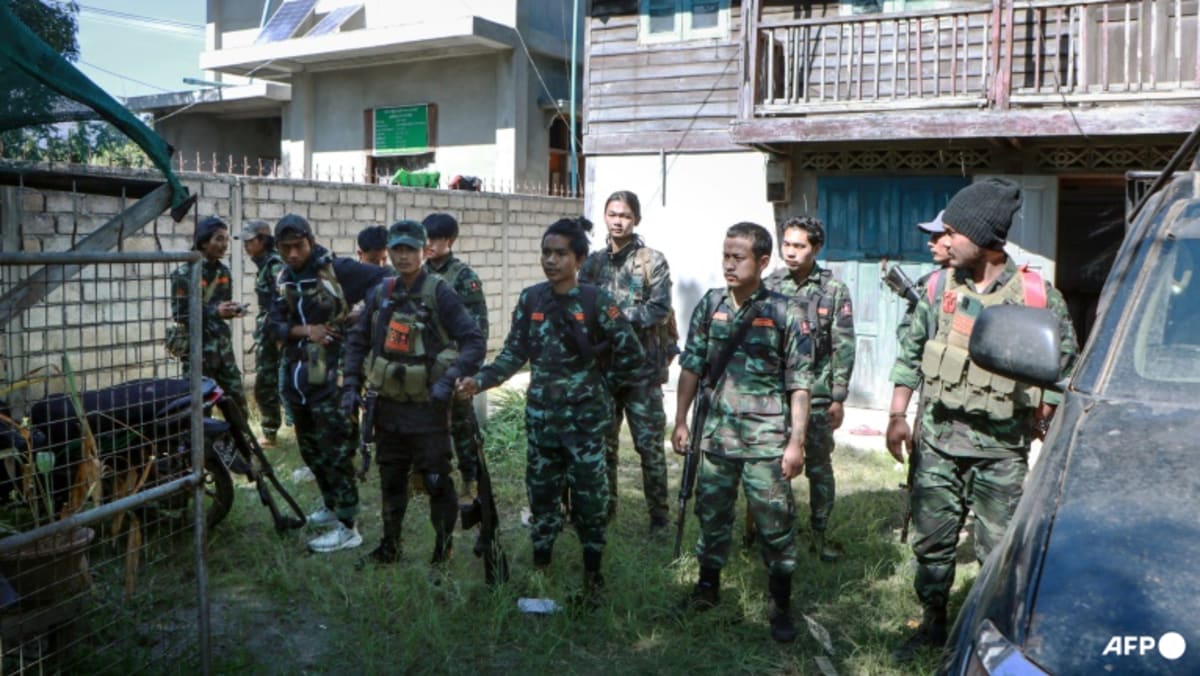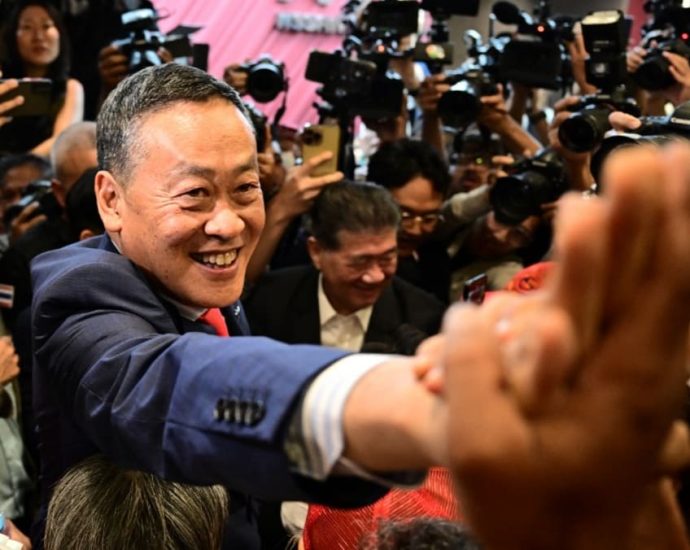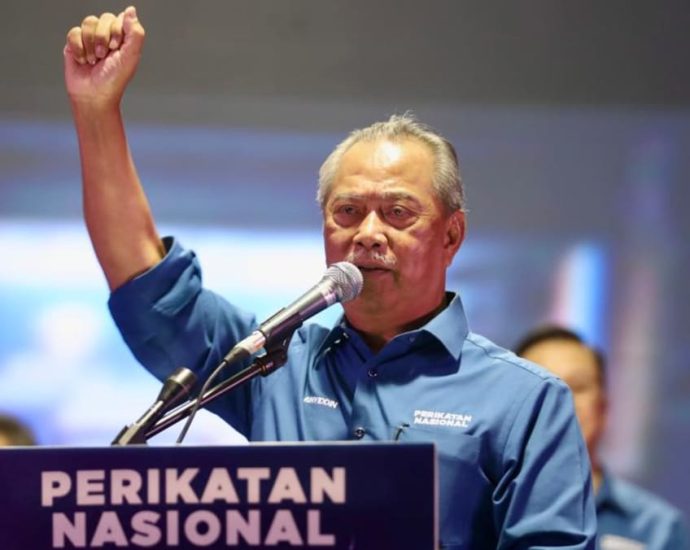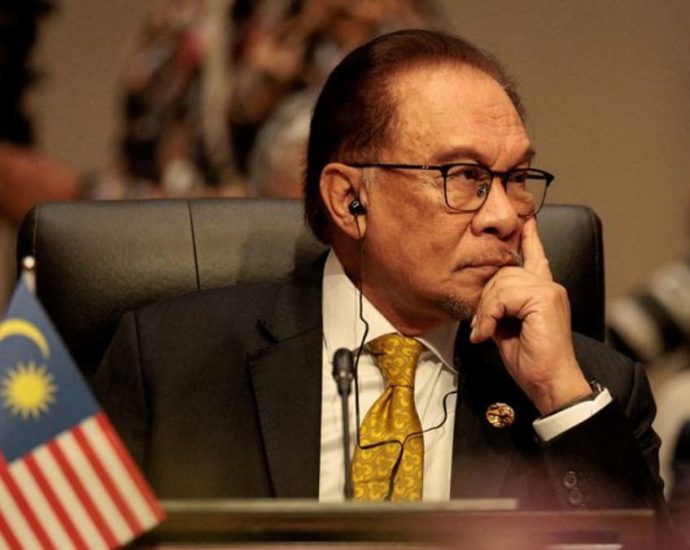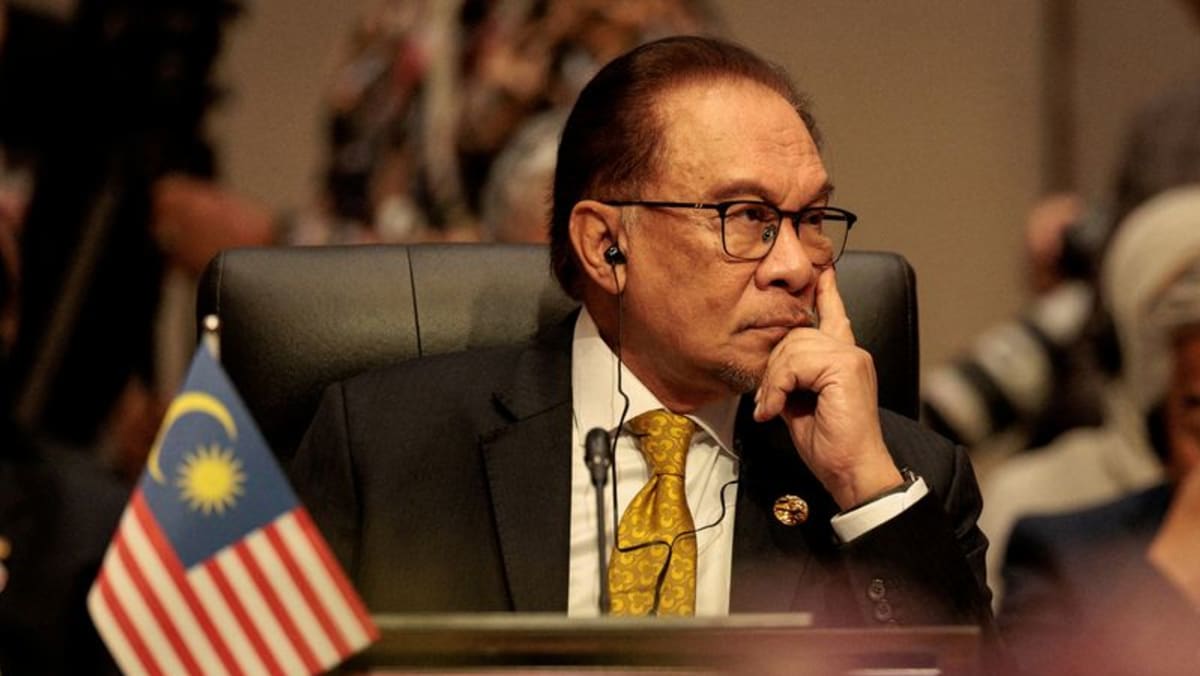Commentary: Japanâs Kishida needs to learn from âjujitsu PMâ to face political scandal

A MAJOR POLITICAL SCANDAL
When compared to the enormous wealth in US politics, Japanese funding scandals can often seem hilariously minor, such as that of Abe-era justice minister Midori Matsushima, who resigned after the sin of handing out paper fans to constituents.
The “kickback” affair, however, is already much bigger: Senior officials are accused of concealing political funds, with Tokyo prosecutors leading the investigation.
James Brady of advisory firm Teneo says it “could become the most wide-ranging scandal since the ‘Recruit’ affair,” referring to the insider trading episode of the late 1980s that cost prime minister Noboru Takeshita and his entire Cabinet their jobs – and later helped hand the LDP its first election loss a few years later.
In the current affair, the crosshairs have most recently landed on Hirokazu Matsuno, who as chief Cabinet secretary holds the second most important role in government. He’s reported to have not disclosed some ¥10 million (US$69,000) in donations. Matsuno hails from the faction headed by Shinzo Abe before his death; other senior figures from the faction are also believed to be involved.
True to form, despite his lack of direct involvement, Kishida has already unnecessarily inserted himself in the scandal by stepping down from his party faction – creating an air of impropriety where none seemingly exists.
If the affair continues to run, Kishida’s already disastrous polling numbers could sink to single digits. Reports indicate that he will respond by removing not just Matsuno, but all ministers and senior officials from the Abe faction, including trade minister Yasutoshi Nishimura.
But as leader, the public might saddle Kishida with the blame nonetheless. Time to consider taking some jujitsu lessons.

